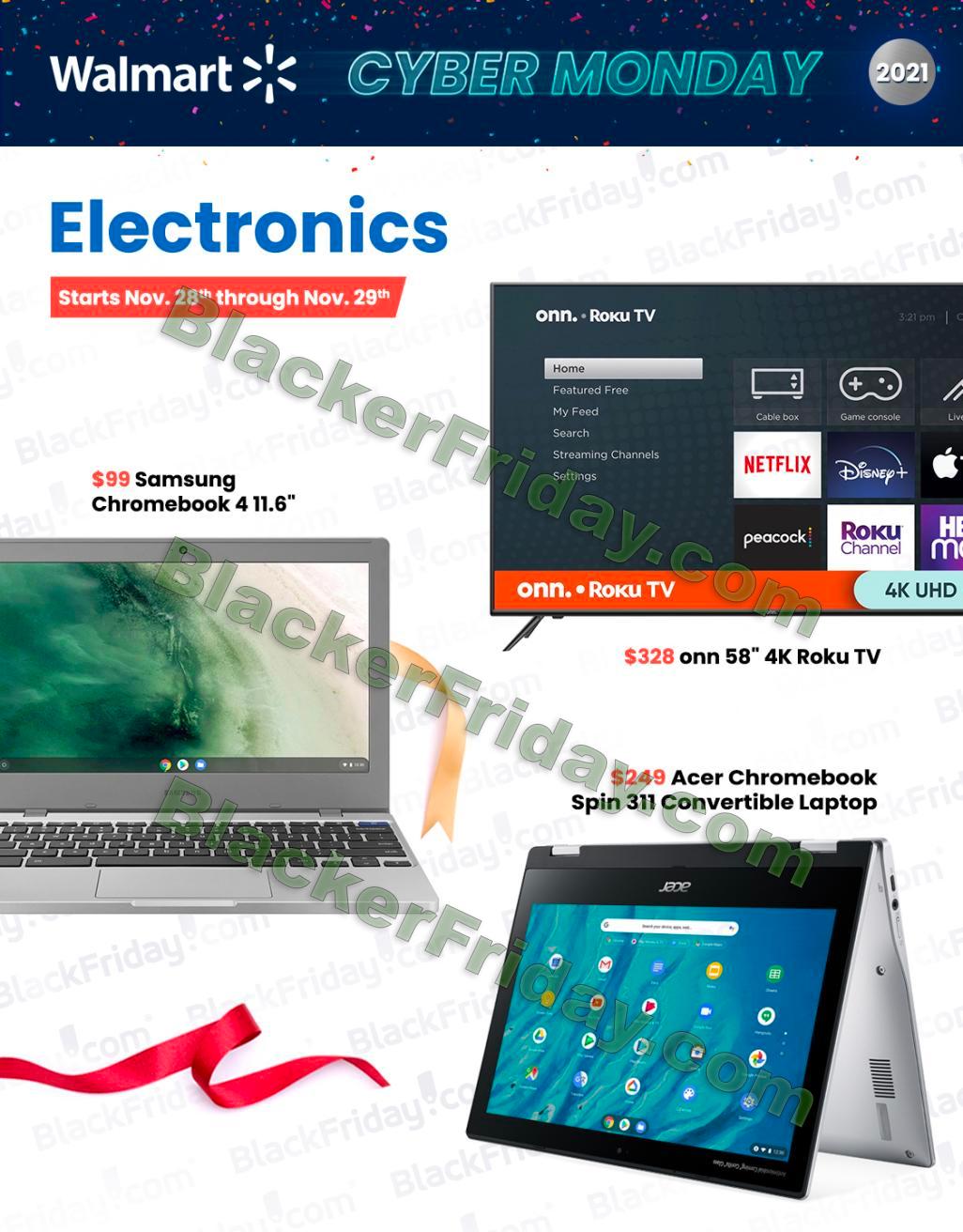
Here are some suggestions to help you keep your Black Friday spending within control. Make a monthly budget before you start your shopping spree. To create a realistic monthly budget, include regular expenses and income. After you've established your budget, decide on a limit to stick with. Use EveryDollar’s Christmas Planner budgeting tool to organize gift-giving and prioritize your spending. With the right budgeting tool, you can shop in style and stay within your budget!
Join merchandisers' lists
Joining merchandisers' mailing lists is a great way to save money when shopping Black Friday. Joining these lists will allow you to be the first in line for doorbuster and limited-time sales. It will help you save money as well as give you exclusive deals and offers. You can also join loyalty programs at some retailers to receive early access to special offers and promotions.

Get early access and discounts
Black Friday deals are available to those who love holiday shopping. Many retailers, such as Walmart, have started offering their deals to members of their loyalty programs. The first day of Black Friday is often the most popular, but some retailers offer early access to members. Starting shopping can be done up to four hours before the general public. Walmart+ memberships are a great way to get access to Black Friday discounts early.
Compare prices
Compare prices is one thing you can do on Black Friday shopping. Black Friday offers the greatest opportunity to purchase, but retailers can also use sneaky tricks to fool shoppers into thinking that the deals are too good. Shops often use high-priced off-lists in order to attract customers. ShopSavvy allows you to make an informed decision about whether a Black Friday offer is worth it. Barcode scanner can be another useful tool. You can save your favorite items, and you will receive notifications when prices drop. Retailers often offer discounts to social media customers, like last-day deals.
Stash purchases taken out of sight
Black Friday is a great time to hide your purchases. Opportunistic thieves may be able to steal your most precious possessions from the pockets of your clothing, despite most shoppers being honest and cautious. An RFID-blocking wallet is a good investment to protect you from theft abroad and fraud using your EMV card. Also, avoid fighting with other shoppers about the last item.

Avoid phishing scams
Shop only on websites you can trust to avoid being scammed. Make sure you look for encrypted connections (HTTPS) when shopping online. Your URL should begin with https ://, to indicate that the site has extra security measures in place to protect your financial data. You can also check the website's social media profiles to find positive reviews.
FAQ
Are you convinced that it is important to use coupons in grocery stores?
Coupons can save you money, so it is worth using them. You can't get every discount you want. The best thing you can do is to try to match coupons with sale prices.
Coupons can be combined to increase savings. You could, for example, combine two $2/1 coupons to make one $4/3 coupon.
What gift cards can I use to shop online with?
Gift cards can be accepted by many online shops. These cards are valid to purchase online products.
But, they cannot be used for redeeming reward points.
Is it acceptable to ask for discount coupons when shopping?
You should always try to negotiate a better price on buying items. It is polite to ask if they have any discount code. If you do this politely, then they may offer you a deal. This could save you time and money.
What if I want to buy clothes online?
Absolutely! It is actually much easier to buy clothing online. All major retailers offer returns free of charge. Print out a label and send it by mail.
You will only be eligible for a refund once the item is received. To return the product if you have a different opinion, please let us know.
Do I need to worry about my privacy when I shop online?
It is crucial for consumers to understand what information they give out when they use online services like Amazon.com. Consumers should always ask themselves if they want to share personal information with companies like Amazon. If you don't wish to share such information, you may need to limit your shopping experience on sites you feel comfortable sharing your private details.
Statistics
- Last Black Friday, I bought a stove from Lowes at 40% off, receiving 24 months of interest-free financing (from Lowe's). (meetfabric.com)
- An approximately 90% increase in price affords Hotel X the opportunity of extreme profits under severe circumstances. (dos.ny.gov)
- The tax is automatically added once you click the checkout button, so factor in an additional 20% when looking at the product page. (makeuseof.com)
- The vast majority only change a password to protect privacy a few times a year (27 percent) or, more likely, never (35 percent). (pcmag.com)
External Links
How To
How to shop online securely
Online shopping is one way to get goods and services at a very convenient price. However, online shopping comes at a high cost. Although there are many benefits to shopping online, there are also potential risks. Identity theft is the biggest threat. Identity theft is the biggest risk. Identity thieves can use your personal information (name, address and credit card number) in order to steal money or make fraudulent loans against you. Your stolen information is then sold on the black marketplace. Here are some tips to help you keep your business online safe.
-
Use a secure website. SSL encryption is available for free in most online shops to protect customer information. Any information entered on the site, including names and addresses, phone numbers, credit card details, and so forth, is encrypted. It blocks anyone from seeing the information you enter. When you are choosing an online store to do business, make sure they have a valid certificate from a recognized CA. When browsing, look for the padlock icon in the URL bar.
-
Do not give out your password. When you first sign up for a new account, you usually receive an email asking you to confirm your email address and/or username. Make sure you don't share these credentials with any third party. Also, don't write them down anywhere because if someone steals your wallet, they could access your accounts too! Instead, save them securely on your computer. It is also recommended that you change your passwords at least once every three months.
-
Keep track of all your orders. Track where you send packages if you're sending items to other people or yourself. Many people are scammed by believing they sent something to their own address, when it was actually sent elsewhere. Before paying for shipping, make sure you verify the tracking number. Never ship anything without seeing proof of delivery. If you aren’t satisfied with your service, contact the company as soon as possible.
-
Know who you're dealing with. Many websites will require you to give sensitive information, such as your full name and date of birth, Social Security Number, and Bank Routing number. These details allow them to identify you. Be careful what information you give out. Google "what information does a website need" to find out if it is. You'll find many answers.
-
Be wary about pop-up windows Many websites bombard you with popups advertising special offers and deals. Some ads are legitimate but some are intended to trick users into divulging private information. For example, a fake antivirus program might request your credit card number, social insurance number, and banking information. To avoid being tricked, never click on links that appear suspicious.
-
Beware of phishing scams. Phishing scams are where hackers pretend to be reputable companies in order to trick customers into giving their financial information. Phishers send emails that look like they're from retailers and banks. These emails encourage users to log-in to update their account information. Once your financial information has been given, hackers can take control of your finances. Hackers have the ability to empty your bank accounts or transfer money between accounts. The following resources can help you identify phishing scams.
-
Do your homework. Read the fine print before signing up to any deal. You must understand the terms and conditions before you sign any contract. You should carefully read through the contract and make sure you understand what you are agreeing to. It is important to avoid hidden fees or charges in order to save money.
-
Shop around. Do not be afraid to shop around. Compare prices on many websites to find the best deal. When ordering multiple items, you can also compare shipping costs. Shipping costs will vary depending on which website they are from. For expedited shipping, it is worth paying a bit more.